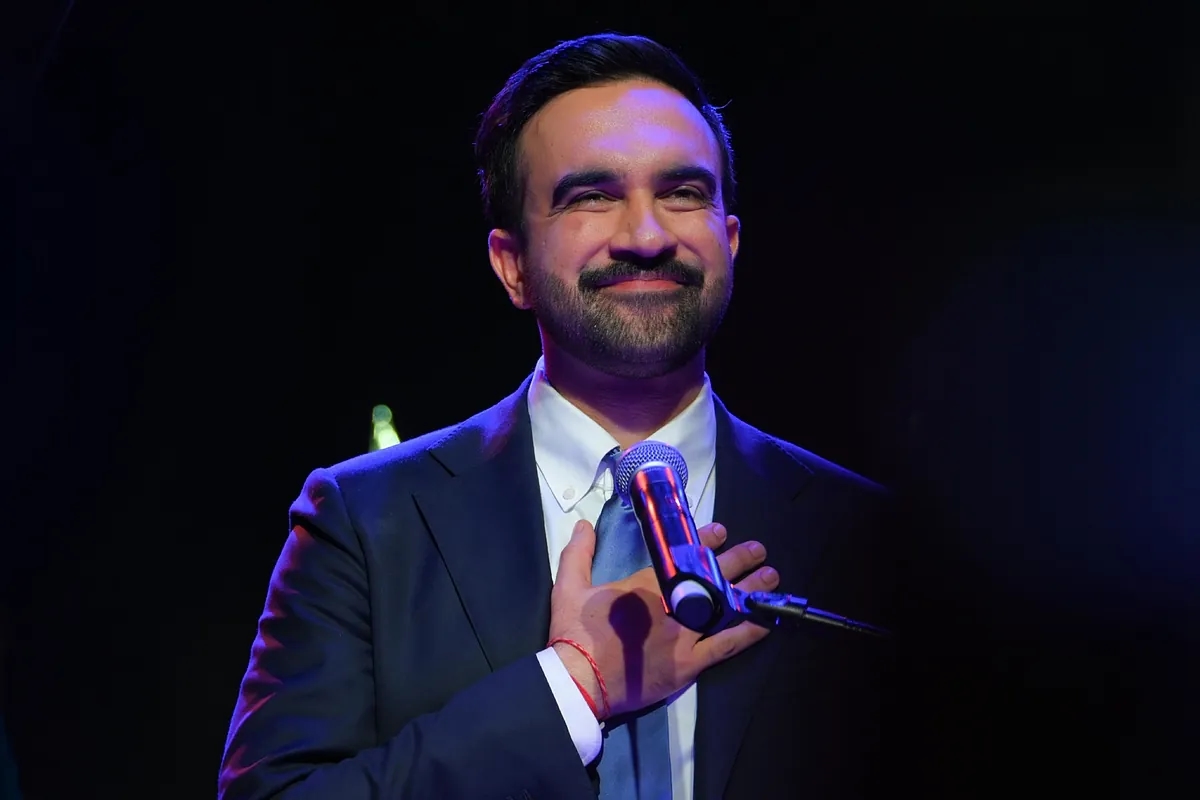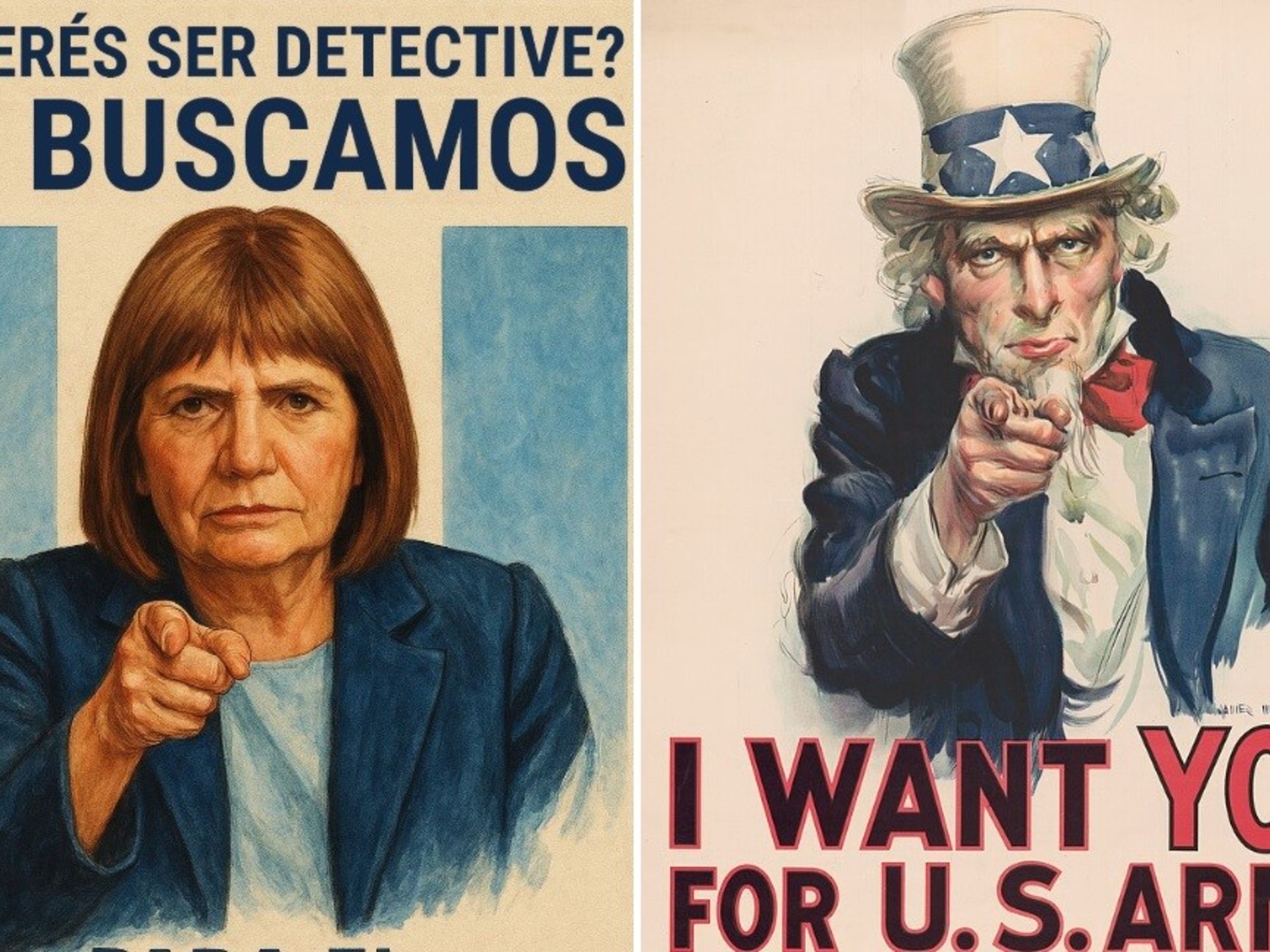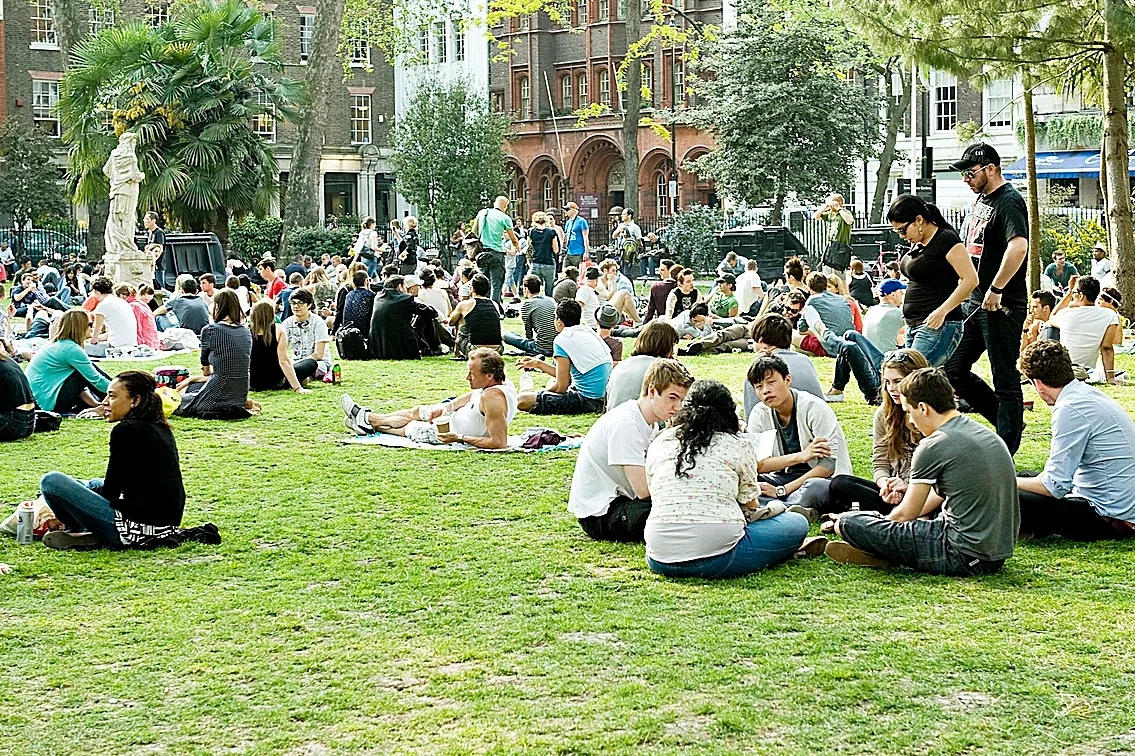Zohran Mamdani: the disturbing anti-Trump

For some reason, Zohran Mamdani 's followers are quite reminiscent of that crowd that ran after Forrest Gump in Robert Zemeckis 's film, believing that the character had an answer to who-knows-what.
With one difference. Forrest was an innocent and bright fictional character with no hidden ambitions, while Mamdani is a sophisticated politician who practices a time-honored maxim: tell people what they want to hear. His creators have led society to believe he is a transparent and innovative being. Nothing could be further from the truth. The charming prince charming with an open smile, kind eyes, diverse background, bohemian and Muslim heritage who produces rap, seems to have been created by ChatGPT , based on beautiful tales from the Arabian Nights. But there are deeply unsettling elements in his story.
Mamdani's campaign has been the most effective social engineering effort since journalist George Creel , at Woodrow Wilson 's behest, convinced Americans of the necessity of entering World War I with a four-minute speech that 75,000 extras then repeated across the country at weddings, baptisms, and other events. If a society at the beginning of the last century could go from being pacifist to meekly accepting the sending of their sons to die in a war across the Atlantic in just six months, why couldn't many stressed-out New Yorkers now undergo a similar transformation? This time, 100,000 volunteers proselytized door-to-door, promoting the image of this new Prince Charming. Creel used posters, and these volunteers used the power of social media to work the miracle of a Muslim ascending to the heights of American politics in the heart of the United States, propelled by the entire American social movement. In Alice in Wonderland there were talking rabbits, but a Muslim who supports the LGBTQ+ movement and advocates for legal gender recognition? Does such a third way truly exist in Islam?
I wish it were so, but there are immense doubts. This ideal figure condemns the October 7th massacre of Jews and confesses to having prayed for the hostages' return, yet refuses to criticize Hamas (a terrorist and fundamentalist group), whose members he defines as "fighters," and avoids taking a stance on Israel's right to exist as a Jewish state. Such reluctance raises a reasonable question in this regard. It could be because he fears that his reformist model will be considered by radical Islam a heresy akin to Salman Rushdie 's *The Satanic Verses* , or perhaps he simply sympathizes with the unthinkable. Whatever the reason, it is unsettling.
Tom Burns aptly observes that "totalitarians should be grateful to the ballot boxes of open societies." Xi Jinping already knows he doesn't need three million engineers researching quantum computing to crack passwords and sow chaos in modern societies. Freedom unleashes creativity and produces a vast number of geniuses, but also a trail of frustration that fuels the populism of fiery leaders who share several characteristics. The first and most important is their willingness to give everyone what they want, and for free. Mamdani promotes rent freezes for regulated housing, free public transportation, universal childcare, and the development of affordable housing. And when someone asks who will pay for all this, the answer is an old axiom in welfare Europe: the rich will pay for it all. There's nothing new in this strategy. Mamdani is once again playing on people's greed, with promises he will probably never keep. There is no business or financial history in his resume that suggests he has a formula that will change the game and that his model has any prospects of sustainability.
All his experience suggests that he is far more adept at distributing the wealth created by others through his activism than at creating it himself. In many things, the Americans may be far more advanced than us, but in this, we are decades ahead. Mamdani denies being one hundred percent communist without specifying a percentage, just as Pablo Iglesias came to identify as a social democrat despite carrying a Gramsci scapular in his pocket. His views on violence as a social construct, reducing prison size, and cutting police spending are strongly reminiscent of Ada Colau (a similarity also noted by Tom Burns).
The exodus is another factor explaining Mamdani's rise, and Donald Trump has been a key player in this. The American president exudes such aggression that many people (36% of New York City's residents are immigrants) have fled en masse, as if escaping an earthquake, seeking refuge anywhere they can. In this case, they have embraced a more benign image, driven solely by the fear instilled by the other side. This serves as a warning to all those who believe that a democracy can be governed with an iron fist.
*Iñaki Garay is deputy director of EXPANSIÓN
Expansion





